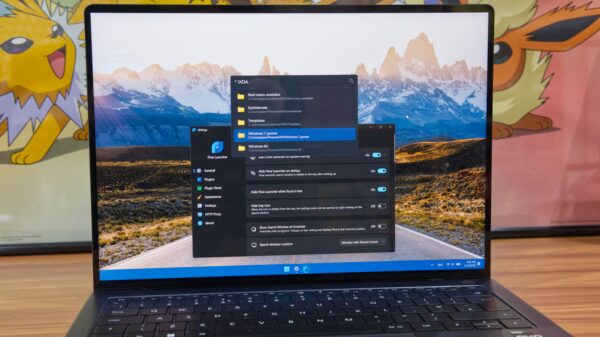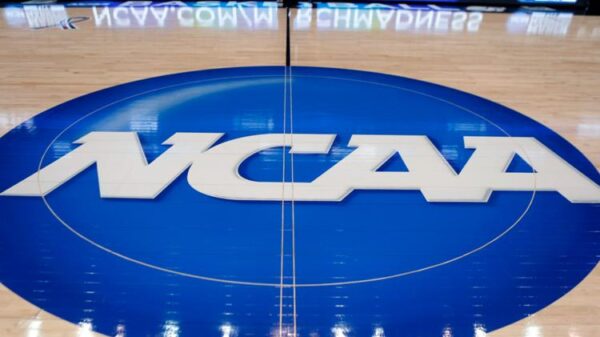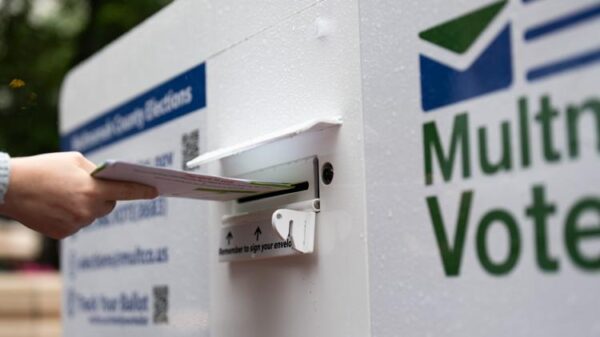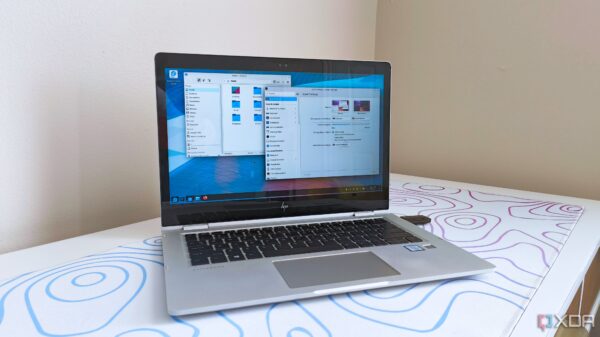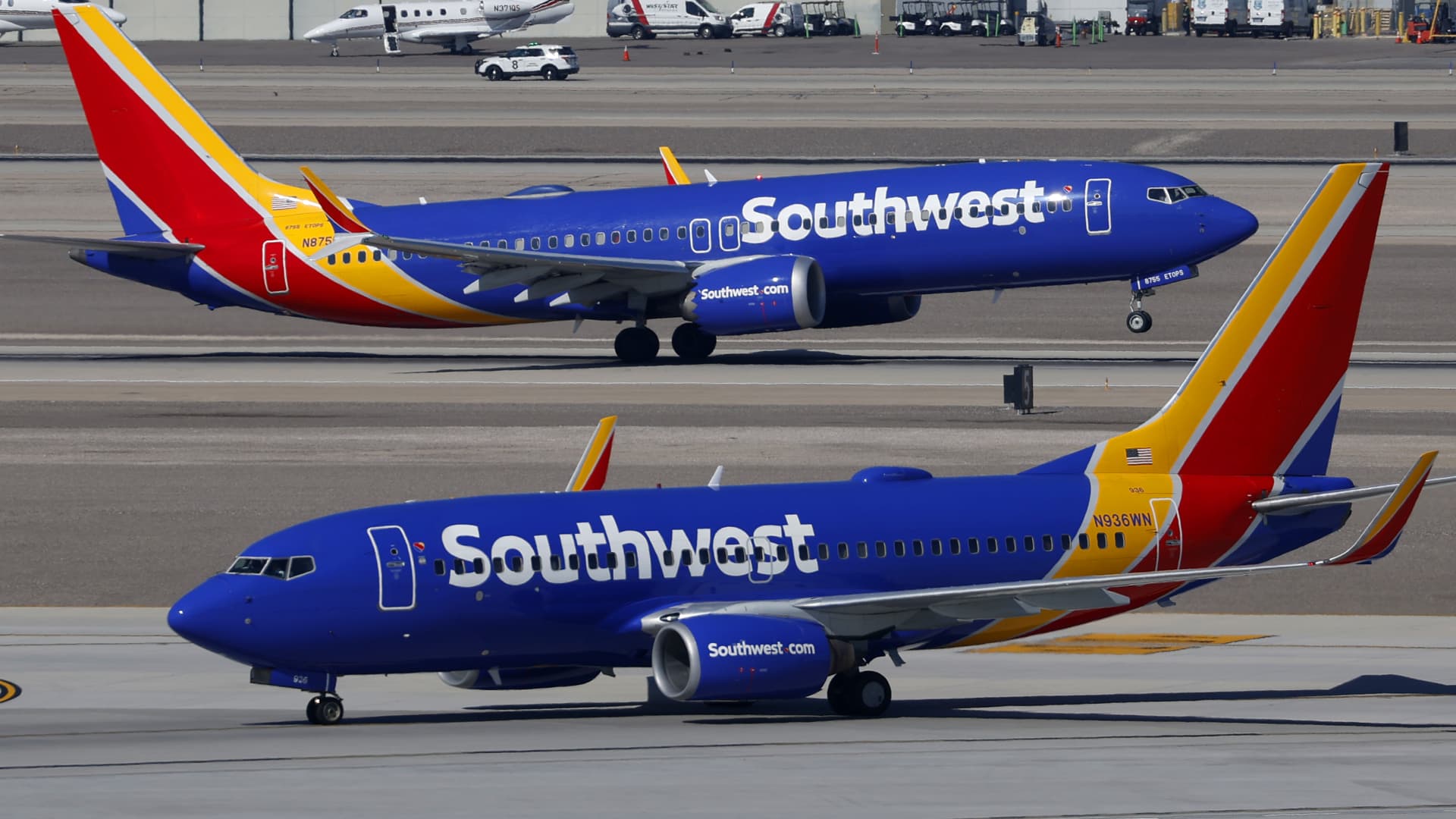Southwest Airlines is set to implement a significant change in its boarding process, moving from open seating to assigned seats beginning on January 27, 2025. This shift marks the end of a policy that has distinguished the airline for over fifty years. Passengers will be able to purchase tickets with assigned seating starting on July 29, 2024, as Southwest seeks to generate new revenue streams and remain competitive with other carriers.
The decision to adopt assigned seating comes as Southwest’s leadership aims to enhance profitability. The airline has projected that various operational initiatives will contribute an additional $800 million to earnings before interest and taxes in 2024, and $1.7 billion by 2026. The introduction of seat assignments is part of a broader overhaul of Southwest’s business model, which includes plans to charge customers for checked baggage and the introduction of new fare types.
Southwest first announced the potential end of its open seating policy in March 2023 but had not provided a specific timeline until now. The airline utilized advanced computer modeling and live tests to ensure that the new boarding process would not delay flights and would facilitate a quicker turnaround of aircraft.
Stephanie Shafer Modi, managing director of fares and ancillary products at Southwest Airlines, emphasized the focus on customer experience in the new system. “We wanted to make sure that, as we designed a boarding construct that paired well with assigned seating, we were optimizing for efficiency, while also ensuring that we take care of our most loyal customers,” Modi stated.
The new boarding system will feature eight groups, with priority given to elite frequent flyers and customers holding higher-tier tickets. The first two groups will include top-tier members, with subsequent groups assigned based on ticket type and seat location. Credit card holders and members of the Rapid Rewards program will board no later than Group 5.
The days of scrambling for seats will be replaced by a more structured boarding order, which aims to streamline the process while accommodating families and larger groups. Southwest has indicated that it will do its best to ensure families can sit together regardless of how they purchase their tickets.
In terms of seating options, Southwest will offer standard, preferred, and extra-legroom seats. Although specific prices for seat assignments have yet to be disclosed, the airline has been reconfiguring its fleet of Boeing 737 aircraft to include extra-legroom seating. Currently, about 200 planes, or approximately 25% of the fleet, have been updated.
While the shift to assigned seating represents a major change, Southwest remains committed to its core values, including the provision of two free checked bags for its passengers. The airline’s new initiatives reflect a strategic effort to adapt to the evolving landscape of the aviation industry, where competition remains fierce, and profitability is key.
As Southwest prepares for this transition, customers can expect a different travel experience, one that prioritizes efficiency while still catering to the needs of its loyal customer base. The airline’s ability to implement these changes smoothly will be crucial as it navigates this new chapter in its operational history.


